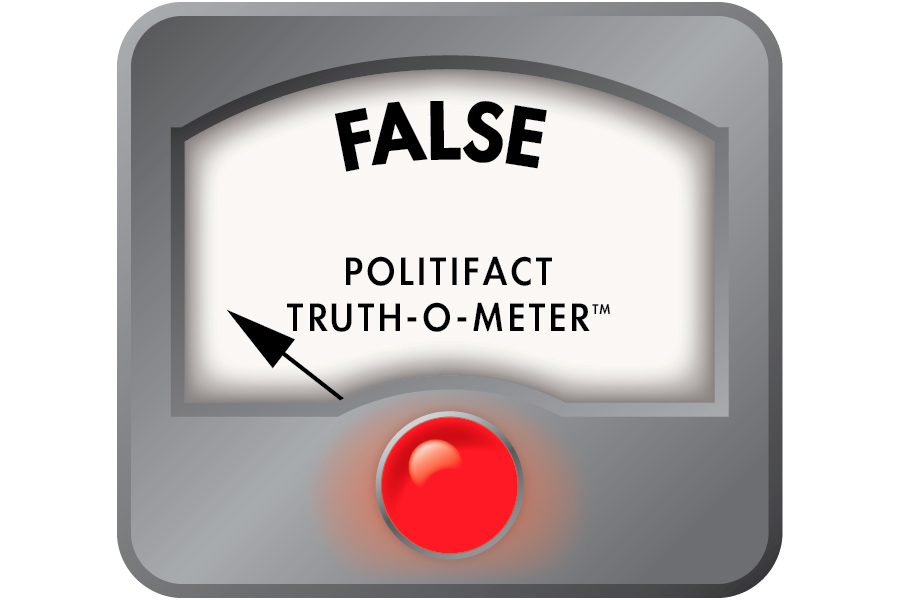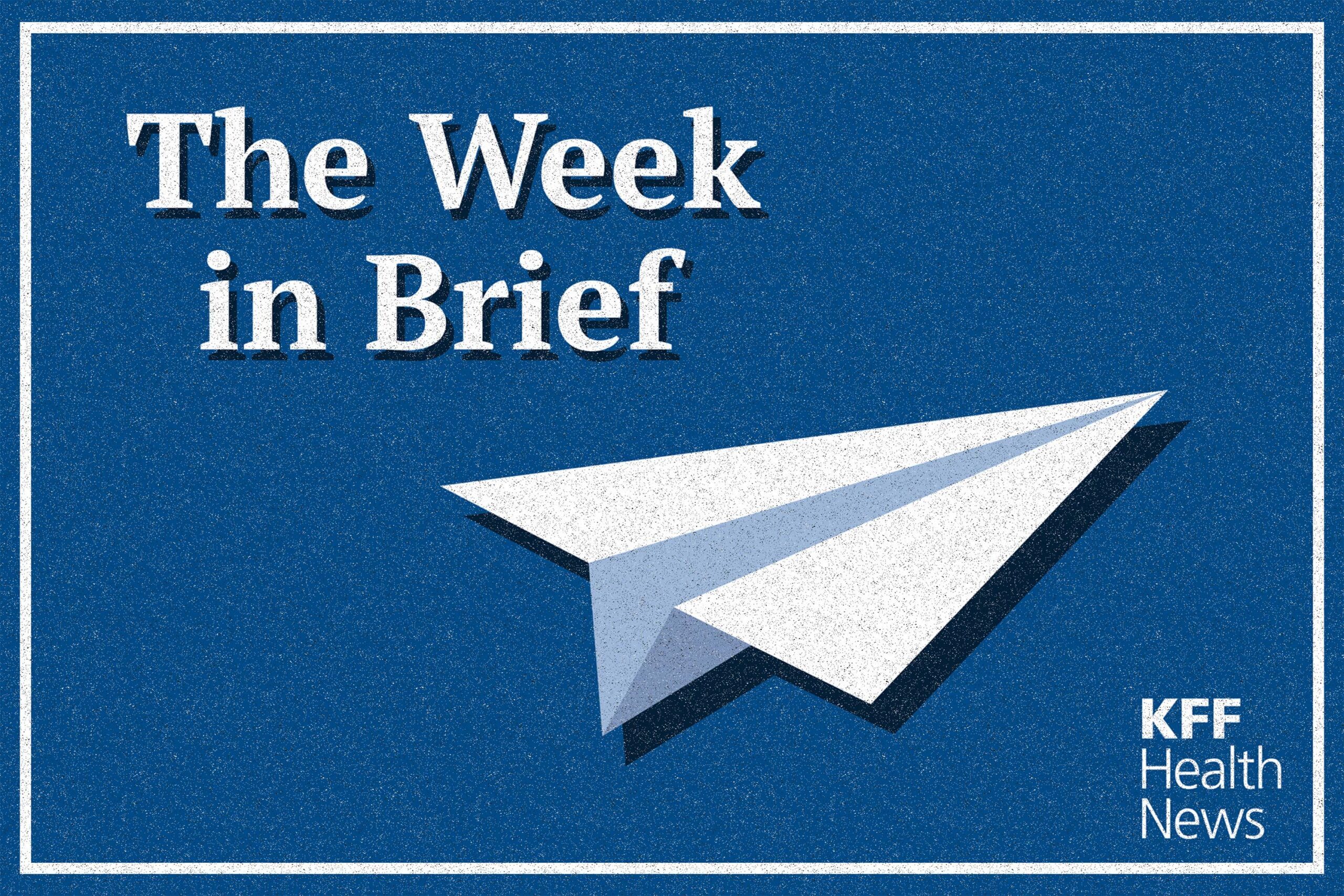By Leigh Hartman
One benefit of scientific research is how expanding knowledge in one area leads to breakthroughs in another. In the United States, research designed to protect astronauts from radiation exposure in space is helping to fight cancer on Earth.
An astronaut working on the International Space Station for six months faces as much radiation as 1,000 chest X-rays, according to NASA, America’s space agency.
So NASA funds scientific research to measure radiation’s effects on astronauts. While the radiation people are exposed to in space differs from potential exposures on Earth, either can affect the body and potentially lead to higher risks of cancer and other illnesses.
“We want to be able to determine the risk sooner so we can take some countermeasure actions earlier or limit flight time,” said Honglu Wu, senior scientist at NASA’s Johnson Space Center in Houston.
In 2002, NASA funded a study analyzing how sections of human DNA can help measure a person’s radiation exposure over time and assess potential DNA damage that could lead to increased risk of illness.
That research has informed development of a U.S. Food and Drug Administration–approved test that:
- Helps doctors detect DNA mutations that might increase health risks.
- Identifies at-risk patients.
- Helps select the best treatments.
“With that improved detection, we can better help physicians and patients make good decisions about treatment options,” said Annette Burkhouse, medical affairs officer at the Madison, Wisconsin–based biotech firm Promega, which developed the test, called the OncoMate MSI Dx Analysis System.
President Biden has set a national goal of reducing the cancer death rate by at least 50% over the next 25 years. This “Cancer Moonshot” also seeks to improve the lives of people with cancer, their families and survivors.
The DNA mutation test is just one example of NASA-funded research leading to scientific breakthroughs that improve our world. Others include more than 2,000 products and discoveries that help fight COVID-19, address global water challenges, assist rescuers and inform cloud computing.
“Research projects like the one that NASA funded with Promega years ago lead to unexpected things,” Burkhouse said.
The International Space Station National Laboratory solicits proposals for research that if conducted in space could further advance cancer treatments and diagnostics, including development of more targeted and effective drug delivery systems, according to NASA.
In the fight against cancer, NASA technologies designed to detect human-made radio signals in space and to sharpen images from the Hubble Space Telescope have improved early detection of breast cancer in mammograms, leading to better health outcomes.
“Ending cancer as we know it has the power to save lives, unite our country, and inspire the world,” NASA Administrator Bill Nelson said in July 2022.
—
This post was previously published on Share America.
***
You Might Also Like These From The Good Men Project
 Compliments Men Want to Hear More Often
Compliments Men Want to Hear More Often  Relationships Aren’t Easy, But They’re Worth It
Relationships Aren’t Easy, But They’re Worth It  The One Thing Men Want More Than Sex
The One Thing Men Want More Than Sex  ..A Man’s Kiss Tells You Everything
..A Man’s Kiss Tells You Everything Join The Good Men Project as a Premium Member today.
All Premium Members get to view The Good Men Project with NO ADS.
A $50 annual membership gives you an all access pass. You can be a part of every call, group, class and community.
A $25 annual membership gives you access to one class, one Social Interest group and our online communities.
A $12 annual membership gives you access to our Friday calls with the publisher, our online community.
Register New Account
Log in if you wish to renew an existing subscription.
Username
First Name
Last Name
Password
Password Again
Choose your subscription level
- Yearly - $50.00 - 1 Year
- Monthly - $6.99 - 1 Month
Credit / Debit Card PayPal Choose Your Payment Method
Auto Renew
Subscribe to The Good Men Project Daily Newsletter By completing this registration form, you are also agreeing to our Terms of Service which can be found here.Need more info? A complete list of benefits is here.
—
Photo credit: iStock
The post How NASA Helps Fight Cancer appeared first on The Good Men Project.
Original Article










